Xbox Game Pass has been praised as a player-friendly service, but not everyone is convinced it’s equally good for developers. Pete Hines, former Bethesda publishing boss, recently said the platform wouldn’t exist without the developers who make games for it—emphasizing the need to support them. Now, Shannon Loftis, former vice president at Xbox Game Studios, has echoed his concerns.
"When you talk about a subscription that relies on content, if you don’t figure out how to balance the needs of the service and the people running the service with the people who are providing the content – without which your subscription is worth jack shit – then you have a real problem," Hines told DBLTAP.
Microsoft has confirmed Game Pass is profitable overall, though those figures reportedly don’t account for lost first-party sales that could’ve been made outside of the subscription. That gap is exactly where Loftis sees issues.
Writing on LinkedIn, she explained:
"As a longtime first-party Xbox developer, I can attest that Pete [Hines] is correct. While [Game Pass] can claim a few victories with games that otherwise would have sunk beneath the waves (Human: Fall Flat, for example), the majority of game adoption on [Game Pass] comes at the expense of retail revenue, unless the game is engineered from the ground up for post-release monetization. I could (and may someday) write pages on the weird inner tensions this creates."
The case of Hi-Fi Rush highlights those tensions perfectly. Despite being a critical hit and a fan favorite, its developer, Tango Gameworks, was shuttered by Microsoft—only to be later revived under Krafton.
So the lingering question is: what does success on Game Pass actually mean? If millions of players try a game, does that alone justify keeping a studio alive? Or do traditional sales still outweigh subscription metrics—leaving some studios worse off for joining the service in the first place?



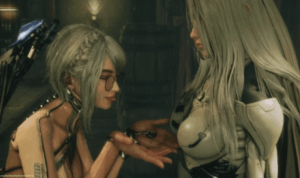
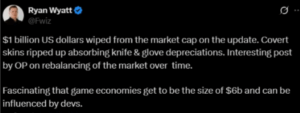

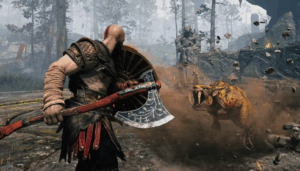

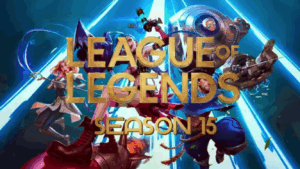



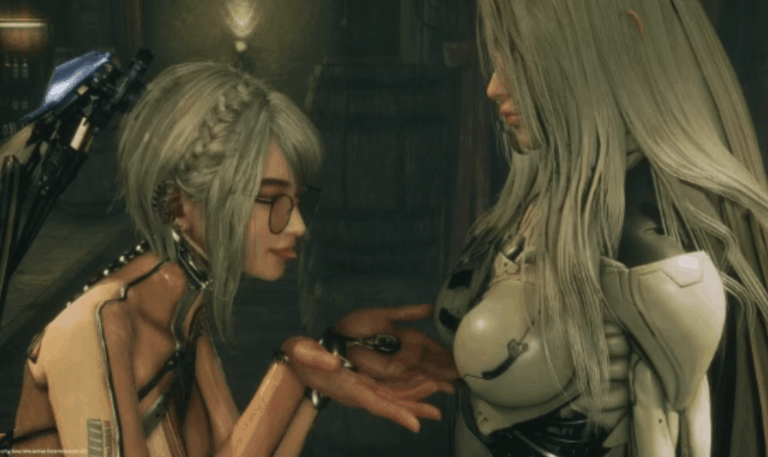



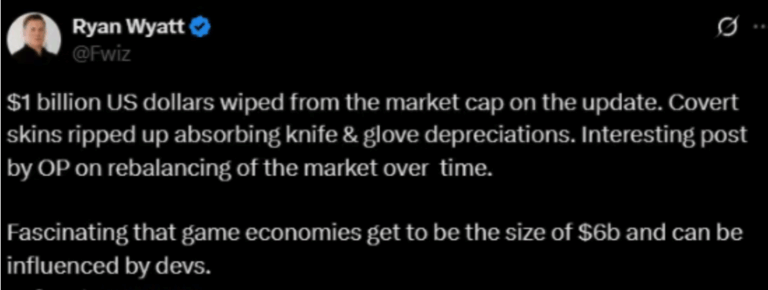

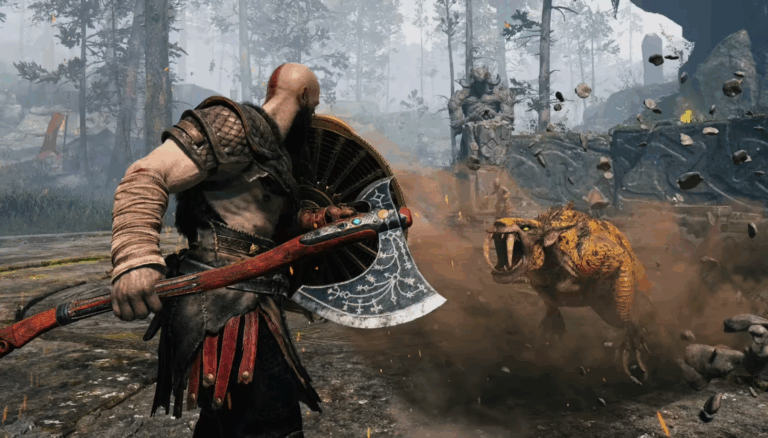

+ There are no comments
Add yours